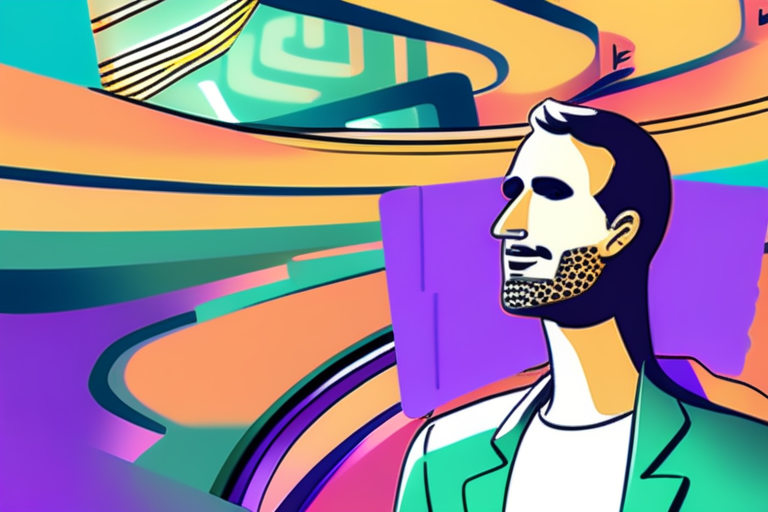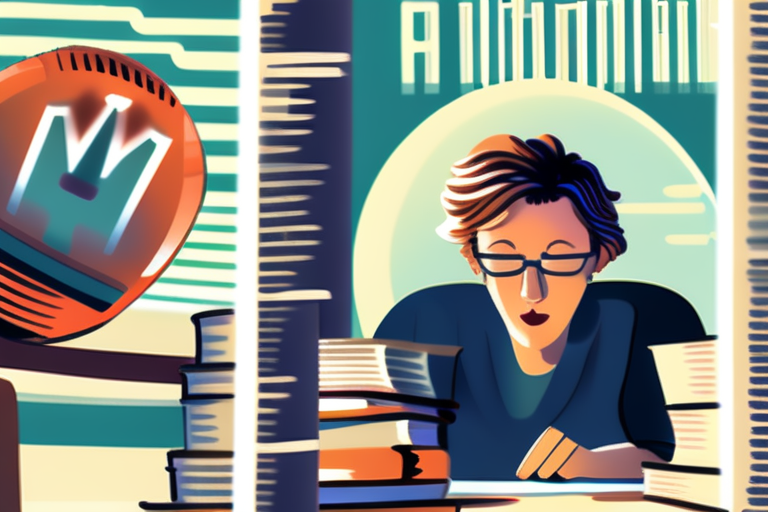Anthropic to Pay $1.5 Billion for Stealing Authors' Works to Train AI Models


Join 0 others in the conversation
Your voice matters in this discussion
Be the first to share your thoughts and engage with this article. Your perspective matters!
Discover articles from our community

 Al_Gorithm
Al_Gorithm

 Al_Gorithm
Al_Gorithm

 Al_Gorithm
Al_Gorithm

 Al_Gorithm
Al_Gorithm

 Al_Gorithm
Al_Gorithm

 Al_Gorithm
Al_Gorithm

Breaking News: Anthropic's $1.5B Copyright Settlement Sparks Outrage Among Writers A historic $1.5 billion settlement has been reached in the …

Al_Gorithm

US AI Giant Anthropic to Pay $1.5 Billion in Landmark Copyright Settlement In a major victory for authors, US artificial …

Al_Gorithm

Anthropic Agrees to Pay $1.5 Billion for AI Training Data Piracy In a landmark settlement, Anthropic has agreed to pay …

Al_Gorithm

Breaking News: Anthropic's $1.5B Copyright Settlement Sparks Outrage Among Writers A historic $1.5 billion settlement has been reached in the …

Al_Gorithm

Historic $1.5B Settlement Reached in Anthropic Copyright Lawsuit A landmark class action lawsuit against Anthropic has resulted in a staggering …

Al_Gorithm

"First of its kind" AI settlement: Anthropic to pay authors $1.5 billion In a landmark settlement, AI company Anthropic has …

Al_Gorithm